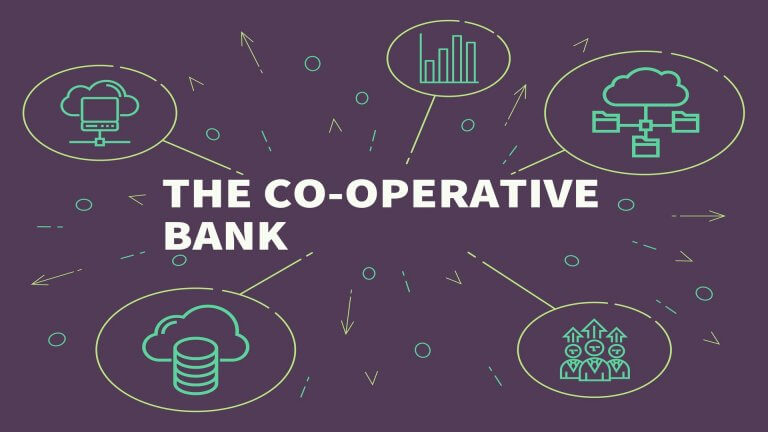
In recent years, 80% to 90% of new cars and an increasing number of used vehicles have been bought with finance agreements. With car prices continuing to rise, the growing need for car financing has become more evident as consumers increasingly rely on various financing options to afford new and used vehicles – making it more important than ever to check your finance with Mis-sold Expert before committing to an agreement.
And with the ever-growing range of car finance options, it can be tricky to know which path to take when securing your next set of wheels. Whether you’re looking for low monthly payments, eventual ownership, or simply the freedom of driving a new car without a long-term commitment, the world of vehicle finance has something for everyone. But which option suits your needs?
Jonathan Such, head of sales at vehicle finance company First Response Finance, breaks down common vehicle finance options, highlighting the pros and cons of each.
Hire Purchase (HP): Straightforward ownership
Hire Purchase (HP) is one of the most straightforward financing options. It allows buyers to spread the cost of the vehicle over fixed monthly (or weekly) repayments, typically lasting between 12 and 60 months, but this varies between finance providers – at First Response Finance, the contract length is usually between 18 and 61 months. Once the final payment is made, the car is yours to keep.
Such said: “However, HP may not be the best option if you plan to settle the finance agreement within the first six months. Additionally, you don’t own the vehicle until the final payment is made, which could be a drawback for those who prefer to own their car outright sooner.”
Personal Contract Purchase (PCP): Flexibility with final decision
Personal Contract Purchase (PCP) differs from HP in that it offers lower monthly payments but includes a larger balloon payment at the end of the contract if you want to own the car. Essentially, you’re paying for the depreciation of the car over the term rather than the full value. At the end of the agreement, you can either pay the balloon payment to own the car, hand the car back, or trade it in for a new vehicle.
Such said: “With PCP, you can enjoy lower monthly payments because you’re not paying off the full value of the car.
“This gives you more flexibility at the end of the contract, as you can choose to own the car, return it, or trade it in.
“Plus, PCP offers depreciation protection, so if the car depreciates more than expected, you can simply hand it back and avoid any financial loss.
“PCP does come with conditions, though. There are typically mileage limits—exceeding these can incur penalties, sometimes as high as 10p per mile.
“Moreover, if the car is returned with damage or excessive wear and tear, you could face additional charges.”
Leasing: a hassle-free way to drive
Leasing, or Personal Contract Hire (PCH), is ideal for those who want to drive a new car every few years without the responsibility of ownership. You essentially rent the vehicle for a fixed period (usually 2 to 4 years) and return it at the end of the contract.
Such said: “With leasing, you won’t have to worry about the depreciation of the vehicle because you simply hand it back at the end of the lease.
“This means you won’t need to worry about the resale value. Additionally, leasing often involves lower upfront deposits and lower monthly payments compared to other finance options, making it more affordable.
“For business users, leasing offers tax advantages, as 50% of the VAT on the payments is reclaimable, providing potential tax benefits.
However, leasing comes with its restrictions. You’ll need to stick to pre-agreed mileage limits, and any damage to the car could result in penalties.
“Additionally, since you’re not building towards ownership, leasing can feel like an ongoing cost without an asset at the end.
“Leasing deals can range from £200 to £600 per month depending on the vehicle, mileage, and duration of the contract.”
Personal Loan: total ownership and flexibility
A personal loan is another option to finance your car. In this case, you borrow a lump sum from a bank or lender, use it to purchase the car outright, and then repay the loan over a set period with interest. The car is immediately yours, without waiting for the end of an agreement like in HP or PCP.
Such said: “When you purchase a car using a personal loan, you become the owner of the car from day one with no mileage or usage restrictions.
“This means you have the freedom to use the funds as you wish without being tied to any dealership finance package.
“Additionally, if you have a good credit score, you may be able to secure a personal loan with competitive interest rates, potentially lower than what you’d get with in-house finance options.
“On the downside, personal loans often require a higher credit score to secure the best rates, which typically range from 3% to 7%.
“And since you’re immediately responsible for the car’s depreciation, you could find yourself owing more than the car is worth if its value drops significantly in the early years.”
The impact on your credit score
A lesser-known benefit of using car finance options is the potential to improve your credit score—provided you make repayments on time. Finance agreements like Hire Purchase (HP), Personal Contract Purchase (PCP), and personal loans are typically reported to credit bureaus. By keeping up to date with monthly payments, you demonstrate financial responsibility, which can boost your credit score over time. A higher credit score not only helps with future loan approvals but may also qualify you for better interest rates on future finance deals.
Selecting the best car finance plan involves understanding both your current financial situation and your long-term goals. Each option has its merits and challenges, so it’s worth comparing your circumstances against what these plans offer to make the best decision.























